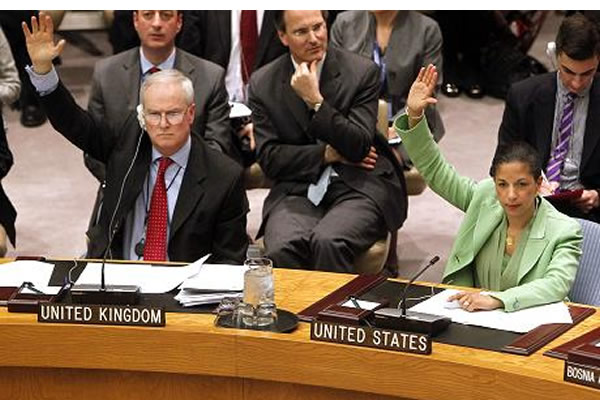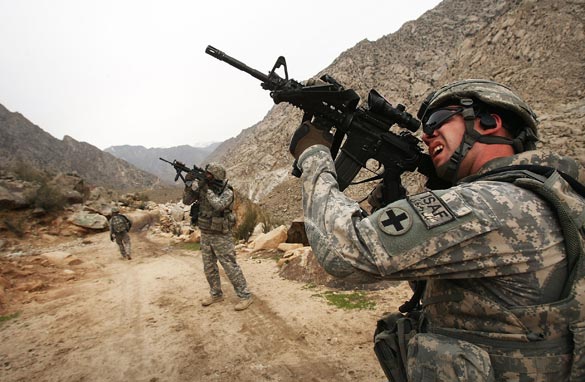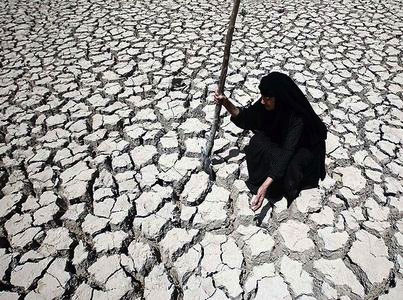It has been over two years since revolts in Tunisia spread throughout North Africa and the Middle East, initiating a period of resistance that has come to be known as the Arab Spring. Western powers, particularly the United States, were initially caught off guard by these revolts, simultaneously expressing support for democratic aspirations while struggling to maintain stable relations with several dictatorships in the region. The successful uprisings in Tunisia and Egypt emboldened opposition forces throughout the region, and before long the government of Libya was faced with its own political crisis. It quickly became clear that European and North American powers were less inclined to adopt the non-interventionist approach applied to the other regional uprisings. Under the authority of UN resolution 1973, NATO embarked on a military mission that precipitated the collapse of Muammar Qaddafi’s government.
Since the intervention there has been some coverage of political instability in the country, but the operation seems to have left a generally favourable impression on many observers. This might be heartening to those who support the institutionalization of humanitarian intervention, but the mission’s undeniable military success should not mitigate the serious political issues it has raised. Events following the defeat of the Qaddafi government, along with overlooked aspects of the intervention itself, caution against an excessively celebratory assessment. A more critical reappraisal raises the possibility that this intervention might have warranted more controversy than it actually elicited.
[captionpix align=”left” theme=”elegant” width=”320″ imgsrc=”http://natoassociation.ca/wp-content/uploads/2013/07/ap110329145418jpg-1db662d88f62dab4.jpg” captiontext=””]
One of the problematic consequences of the Libya intervention that has received substantial attention in some circles is the regional instability it may have contributed to. The fractured and still violent political situation in the country became evident to North American audiences when a US diplomatic outpost in Benghazi came under a deadly attack by militants. It must also be mentioned that the Malian conflict, which prompted a French intervention earlier this year, may have been exacerbated by an influx of weapons and fighters from Libya following the war. Much of this argument relies on the counterfactual assumption that this would not have occurred without a western intervention, but it is a plausible assertion. If the intervention was as necessary as its supporters claim, then there can be no doubt that the intervention influenced the conflict. While this does not necessarily mean the intervention was the wrong policy, it is important to appreciate its unintended consequences.
Some other consequences of the intervention have received less attention, but should caution against excessively positive narratives. First, there are the extra-judicial killings undertaken by anti-Qaddafi fighters. No doubt the most famous of these was the videotaped beating and execution of Qaddafi himself. Admittedly, Qaddafi is hardly a sympathetic figure in the eyes of most observers, but even if this case were to be overlooked, the underreported racist lynching of alleged “mercenaries” should give pause to anyone with humanitarian objectives front of mind. Furthermore, Amnesty International has reported several instances of torture under the new government, and Doctors without Borders withdrew from the country last year, concerned that their life-saving efforts were effectively prolonging the torture endured by the new government’s prisoners.
Although less gruesome than extra-judicial killings and pervasive torture, there have also been tensions with the ICC over the extradition of former government officials including, but not limited to, Saif Qaddafi. All of this tends to undercut the rhetoric supporting the intervention. Humanitarian justifications ring hollow when an intervention results in regime change, and the successor government is equally implicated in serious human rights violations. In this sense, the operation in Libya has provided some persuasive evidence for opponents of humanitarian intervention.
The broader geopolitical ramifications of the Libya intervention have not been universally positive either. Most significantly, statements by Vladimir Putin suggest that Russia’s intransigence on the war in Syria can be attributed to frustration over how NATO approached Libya. If Russia is in fact frustrated that NATO overstepped the UN resolution authorizing its actions this would be understandable. The resolution was often described as endorsing a no-fly zone, which NATO actions far surpassed, but this is not entirely true. The resolution did authorize intervening forces to take any necessary actions to protect a civilian population, even beyond keeping Libyan fighter jets on the ground. Nonetheless, it would still be reasonable to conclude that NATO forces far exceeded their mandate by aiding rebel advances. This arguably contravened another aspect of the resolution which prioritized the establishment of a ceasefire, not a rebel victory. All of this was predictable, since NATO could not reasonably be expected to serve as some sort of impartial referee after vocally condemning and intervening against the Libyan government. Nevertheless, if Russia’s approach to Syria is in part informed by their experience with Libya, one humanitarian intervention may have compounded the intractability of an even greater crisis.
Finally, much was made of the effort to gain approval from relevant regional institutions prior to the intervention. This demonstrated the extent to which the US and other NATO members value support from other regional organizations in order to stave off impressions of aggression and imperialism, but it was hardly a resounding success. The Arab League and African Union were both consulted and persuaded to lend political support for the operation. The Arab League officially supported the intervention, but did express some misgivings when it became more violent than publically anticipated. Efforts to establish AU approval were less effective. Despite some promising mediation by African delegates, an AU committee was denied entry into Libya following the UN resolution, and in response AU representatives criticized the west’s approach.
The operation in Libya was a military success, but its political implications were more problematic. It exposed some fundamental problems with the seemingly inevitable disconnect between humanitarian rhetoric and the inherent violence of military intervention. By superseding the mandate of resolution 1973 in the eyes of many, the operation may have undermined East-West and North-South relations. At a domestic level, most accounts of contemporary Libya do not allow for the illusion of a healthy democratic state. This humanitarian intervention successfully toppled a regime, but then gave way to rampant human rights abuses and political divisions. Consequently, the case of Libya should not serve as an exemplary success. Instead, it warrants sombre reflection in the hopes that its flaws will inform the response to future crises.




